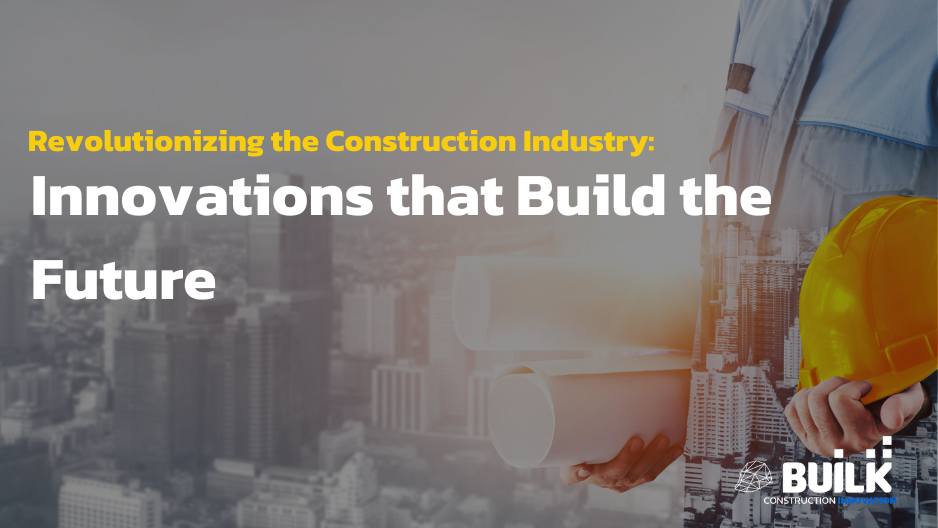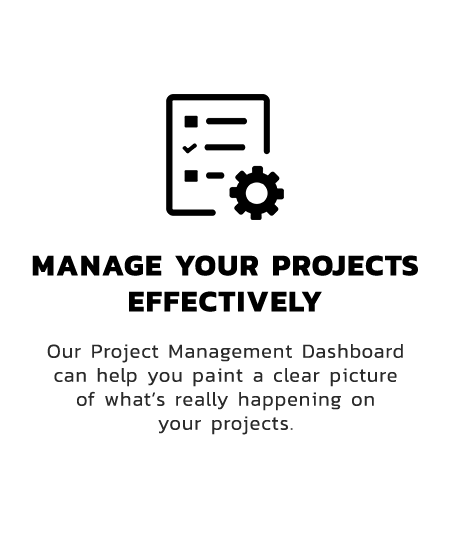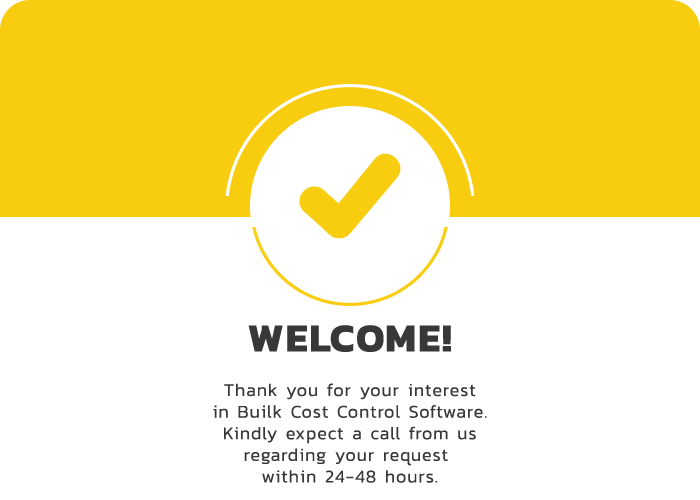The construction industry has been a cornerstone of human progress for centuries. From the grandeur of ancient pyramids to the towering skyscrapers of modern cities, construction has continually evolved to shape our world. However, in recent years, a quiet revolution has been taking place within this industry, driven by technological innovations that promise to reshape the way we build.
1. 3D Printing: Imagine constructing an entire building with the precision of a 3D printer. This is the future of construction. 3D printing technology has advanced to the point where it can create complex architectural structures layer by layer, using various materials, including concrete and even recycled materials. This not only speeds up construction but also reduces waste and allows for intricate designs that were once challenging to achieve.
2. Building Information Modeling (BIM): BIM is like creating a digital twin of a construction project. It involves creating a detailed 3D model of the building, including all its components and systems, before construction begins. This technology enables better collaboration, visualization, and simulation of construction projects, leading to more efficient planning and fewer errors.
3. Prefabrication and Modular Construction: Prefabrication involves assembling building components in a factory and then transporting them to the construction site for assembly. Modular construction takes this a step further by creating entire sections or rooms of a building in a factory. These approaches dramatically reduce construction time, minimize waste, and improve quality control. Moreover, they are more sustainable because they enable the reuse of materials.
4. Drone Technology: Drones are not just for capturing breathtaking aerial photos; they’re transforming the construction industry. Construction companies use drones for surveying, site inspection, and progress monitoring. These flying machines can access hard-to-reach areas and provide real-time data, improving safety and efficiency on construction sites.
5. Internet of Things (IoT) and Sensors: IoT devices and sensors are becoming integral to construction projects. They help monitor the performance of equipment, track resource usage, and ensure the safety of workers. This real-time data enables construction companies to make informed decisions, optimize processes, and prevent costly delays or accidents.
6. Sustainable Building Materials: Sustainability is no longer an option; it’s a necessity. Innovations in construction materials include eco-friendly options like recycled materials, sustainable timber, and low-carbon concrete. These materials not only reduce the environmental impact of construction but also improve energy efficiency and durability.
7. Robotics and Automation: Robots are increasingly used for tasks such as bricklaying, concrete pouring, and site inspection. They can work tirelessly, with precision, and in hazardous conditions, improving safety and efficiency on construction sites. As technology advances, we can expect even more sophisticated construction robots.
8. Augmented Reality (AR) and Virtual Reality (VR): AR and VR are changing the way we design and visualize construction projects. Architects and builders can now step into a virtual world to explore a building’s layout, design, and functionality before a single brick is laid. This technology enhances collaboration, reduces design errors, and accelerates decision-making.
9. Sustainable Design and Green Building Practices: Sustainability is at the forefront of the construction industry’s transformation. Green building practices, such as passive design, solar panels, and rainwater harvesting, are becoming standard. Additionally, certification systems like LEED (Leadership in Energy and Environmental Design) ensure that buildings meet rigorous sustainability standards.
10. Artificial Intelligence (AI) and Machine Learning: AI algorithms are used for predictive maintenance of construction equipment, project scheduling, and cost estimation. Machine learning can analyze vast datasets to identify trends and optimize construction processes continually. AI’s ability to learn and adapt promises to make construction more efficient and cost-effective.
In conclusion, the construction industry is undergoing a remarkable transformation driven by technological innovations. These innovations are not only making construction faster and more efficient but also more sustainable and safer. As we embrace these advancements, we’re not just building structures; we’re building a more sustainable, technologically advanced, and interconnected future. The revolution in construction is well underway, and the future looks promising for both the industry and the world it shapes.
Builk 360 is here! Let us help you when you do your site inspection. Book now for a FREE DEMO or watch https://bit.ly/Builk360
If you want to know how Builk can help you construction business, send us message and we will be happy to help you or check our Facebook page Builk PH for updates!








